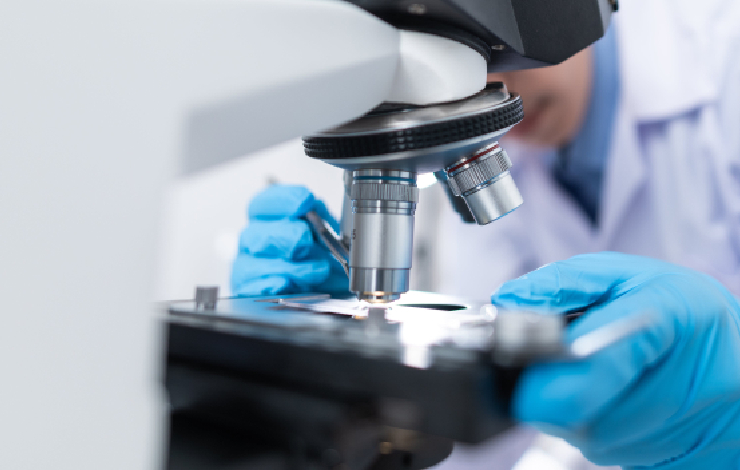11-01-2024

The agreement, announced this week by Portuguese biotech company CellmAbs, a spin-off of Universidade NOVA de Lisboa, includes patented technology originating from NOVA School of Science and Technology (NOVA FCT) and developed in collaboration with the Portuguese Institute of Oncology of Porto (IPO) and the Helmholtz-Zentrum Dresden-Rossendorf (HZDR) in Germany.
The technology is the result of years of collaborative research with the epicentre in Paula Videira's group at UCIBIO-NOVA FCT, including contributions from the NOVA Institute of Hygiene and Tropical Medicine, and is representative of the excellence in scientific and translational research produced at this university.
This is the largest technology transfer agreement ever signed with a Portuguese company in the field of biotechnology and life sciences, and the most important in this field, as it could lead to the first innovative Portuguese medicine for oncology to reach the market. In this case, the production of monoclonal antibodies (mAbs) specific to cancer cells, without affecting healthy cells, represents a fundamental advance, as it allows treatments that attack the disease more effectively, with fewer side effects, and that are personalised, i.e. adapted to the individual characteristics of each patient's cancer.
"These therapies, which are effective in more than 80% of solid tumours, can be adapted to different tumour stages, ensure lower toxicity and lower risk of chemoresistance, improving patient tolerance and quality of life, and also help prevent tumour progression and escape," assures Nuno Prego Ramos, co-founder and CEO of CellmAbs.
Founded in 2019 as a spin-off from the Universidade NOVA de Lisboa, CellmAbs specialises in new cancer treatments and has several preclinical candidates in its portfolio based on its advanced knowledge of cancer-specific antigens. Today, it is a success story in technology transfer and value creation, an area that the University has strategically strengthened in recent years and which is beginning to bear fruit.
"It is with great pride that we see a technology that was originally developed in one of NOVA's research centres being recognised for its potential to save lives with a high probability, confirming in practice the quality of the cutting-edge research carried out at the university and the impact it can have on society," emphasises Vice-Rector Isabel Rocha, who is responsible for research and innovation at Universidade NOVA de Lisboa.
CellmAbs is also particularly optimistic about this agreement, as the company is expected to be the first in the life sciences sector in Portugal to surpass the one billion euro mark.
Recently, the same CellmAbs was awarded twice by Portugal Ventures for work carried out throughout 2023.